How do we tell preschool age children that school is closed for the remainder of the year?
I am a teacher and parents are asking what is the best way (time/words) to tell their children that they won’t be returning to school this year. I’m as disappointed as they are. Any advice?
As a caregiver (parent or teacher), it’s important first to recognize your own anxiety and disappointment around the coronavirus (COVID-19) pandemic, including things like school closures and event cancellations. Kids can often pick up on adult feelings so make sure you find and model healthy ways of coping (links to adult self-care are included below). Here are some tips for talking to young children.
- Be honest: use clear, simple communication with the facts.
- Schools are closed right now to keep everyone safe and healthy.
- We won’t be going back to school to make sure kids stay healthy.
- If relevant: We can see our school friends/teachers online while school is closed.
- We will start school again later.
Consider using a social story or pictures as well.
- Be prepared: Find a calm time to talk with your child about it, when both you and your child are ready (e.g., not when you are anxious, or when they are cranky, sleepy).
- Answer questions they may have simply and honestly.
- You may not have all of the answers right now, and that is perfectly okay.
- Tell them that when you have more answers, you will let them know.
- Be understanding: Label and validate their feelings by reflecting back the words you hear and emotions you see from them. For example, “I see that you’re sad and disappointed about school being closed. It’s hard when we cannot do things we want to do, like see our friends.” Just helping them feel understood and accepted is powerful and will encourage them to share their feelings more in the future.
- Be encouraging: Inspire ways of handling disappointment by modeling and encouraging your child to use their own coping skills. Don’t feel like you have to make them happy or fix a situation that is outside your control, but after validating their feelings, you can gently encourage ways to help them cope – for example, “It’s hard to feel sad. Sometimes when daddy feels sad, I like to do something that I think is fun, like draw a picture or play a game.”
- Be positive: It is easy to fall into a trap of disappointment. After validating their feelings, focus their attention on what is in their control and positive aspects of the situation.
- We can’t go to school, but we can wash our hands to keep our bodies healthy at home.
- We can’t see our friends in person, but we can see them on Zoom!
- We can’t have the preschool graduation, but we can have a virtual “see you later,” graduation.
- Less time at school means that we get more time together as a family to try fun things!
- Be consistent: Encourage a daily routine that includes time for exercise, school work and fun family activities that will help to keep the structure of school even while home.
- Be realistic: Kids will react differently and it is all normal – some may not seem to care that school is closed, while other children will be very upset and may cry or become angry. All of these reactions are appropriate.
Lastly, remember to be kind to yourself – it is okay to lessen parenting expectations during these uncertain times and schedule in self-care; we are all learning and adjusting to a different way of life.
Adult self-care websites:
Adult self-care Apps:
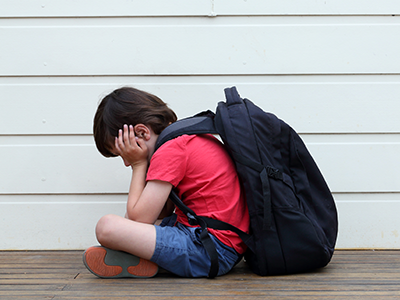 https://riseandshine.childrensnational.org/wp-content/uploads/2021/08/sad-boy-with-backpack-feature.png
300
400
Rise and Shine
https://riseandshine.childrensnational.org/wp-content/uploads/2017/11/childrens_riseandshine_logo.jpg
Rise and Shine2021-08-25 14:31:312025-05-07 09:38:39Addressing school-related anxiety in children
https://riseandshine.childrensnational.org/wp-content/uploads/2021/08/sad-boy-with-backpack-feature.png
300
400
Rise and Shine
https://riseandshine.childrensnational.org/wp-content/uploads/2017/11/childrens_riseandshine_logo.jpg
Rise and Shine2021-08-25 14:31:312025-05-07 09:38:39Addressing school-related anxiety in children




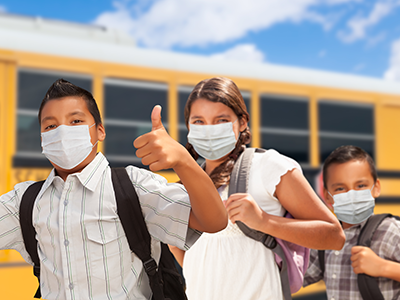
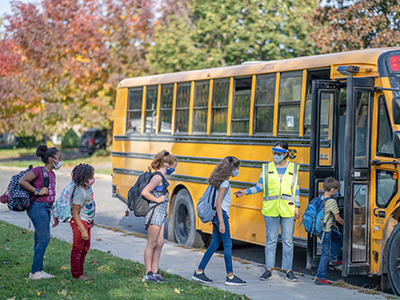
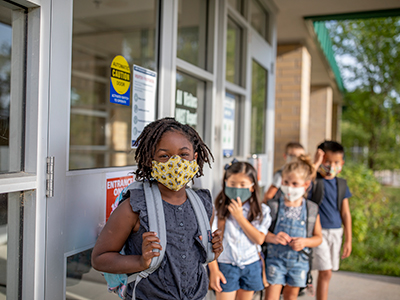
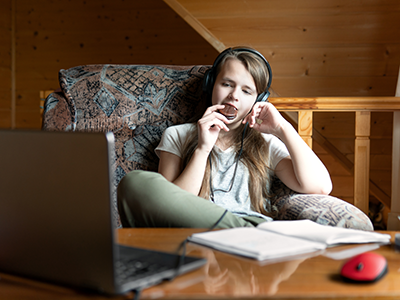

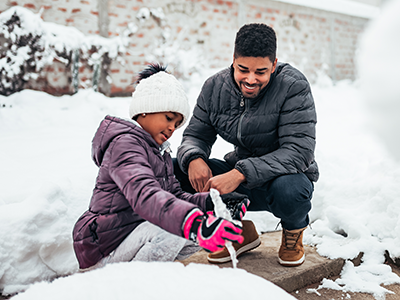
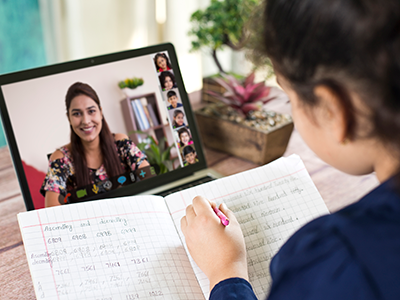
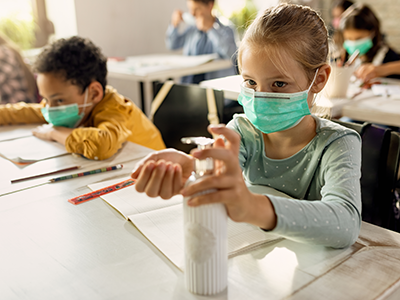
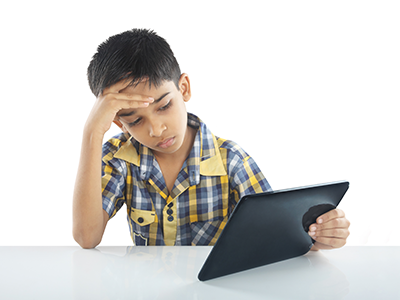
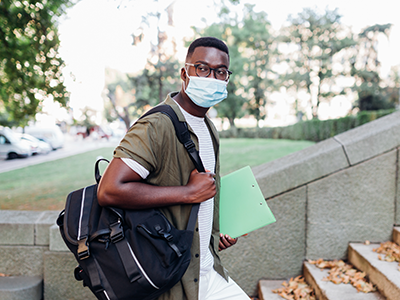
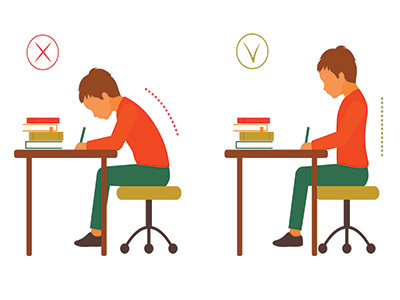
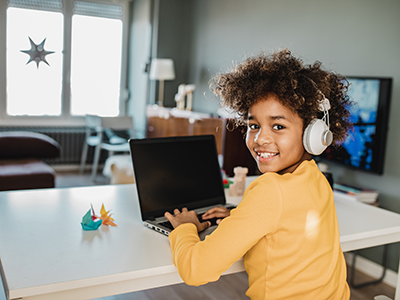
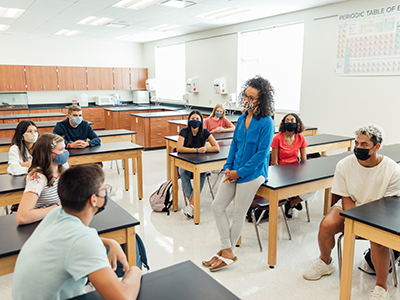
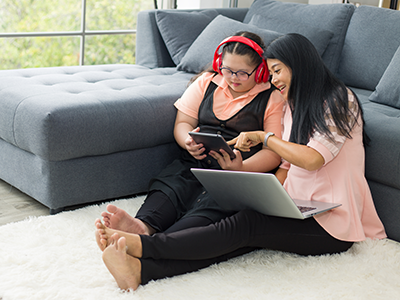
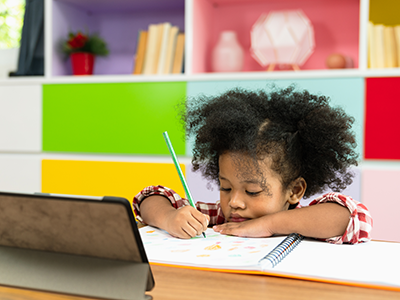
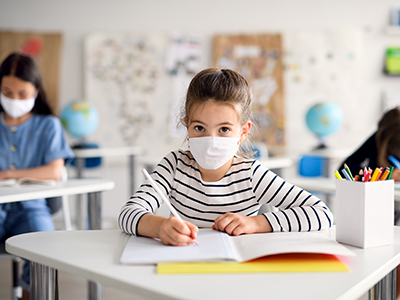
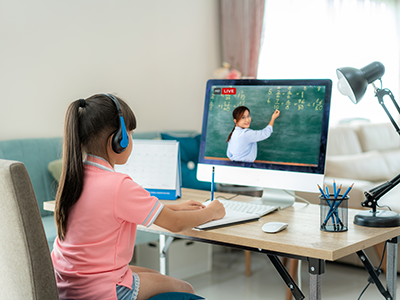
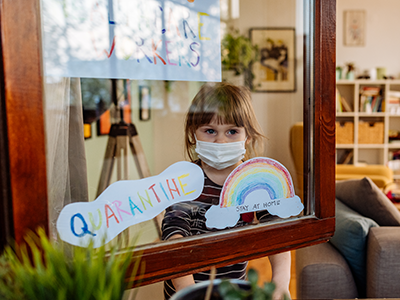
https://waterfallmagazine.com
It’s awesome to visit this site and reading the views of all friends on the topic of this article, while I
am also eager of getting experience.